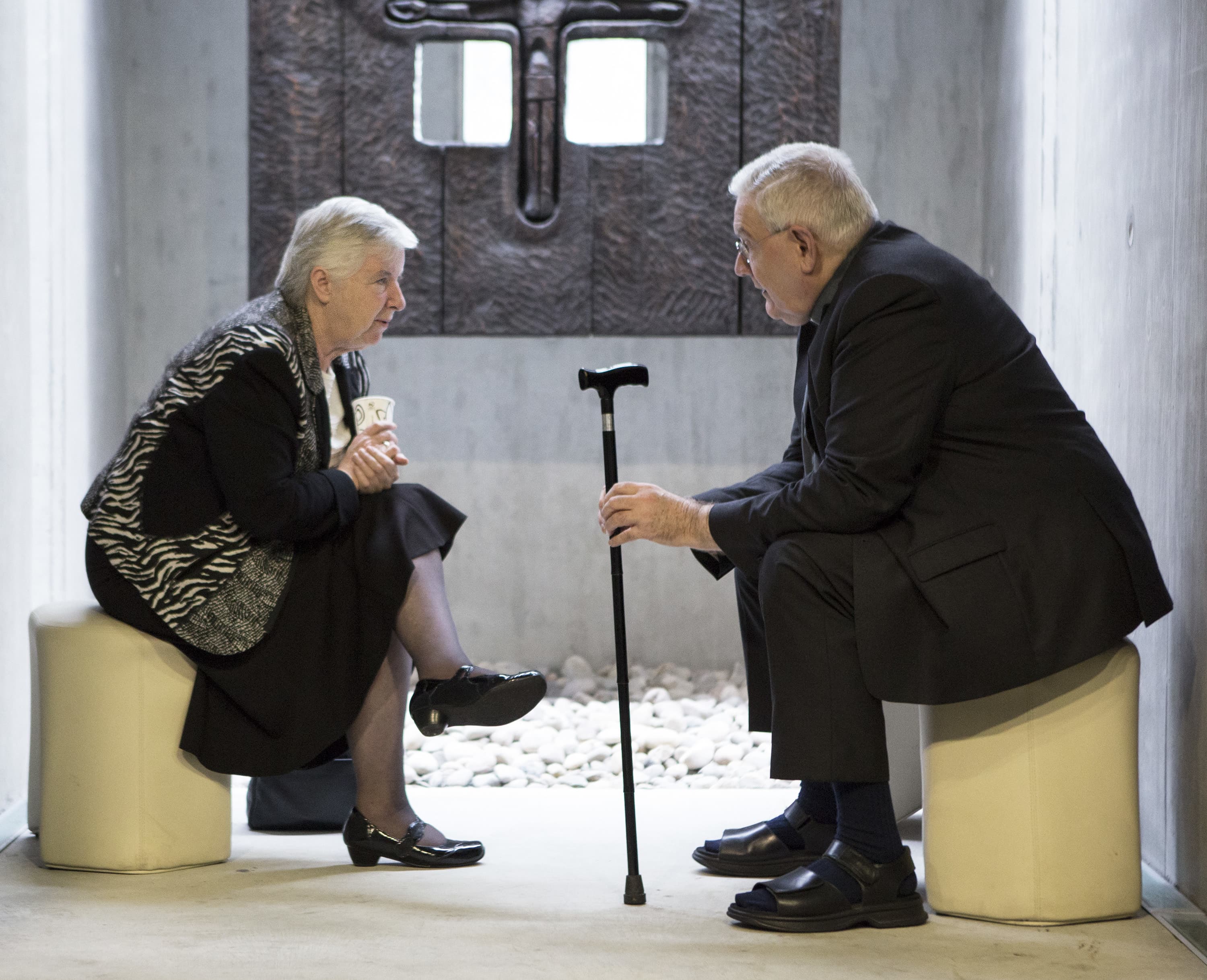

Event News
The Legacy of Edward Thomas O’Dwyer Lives On
The Legacy of Edward Thomas O’Dwyer Lives On – Hosted by the Limerick Diocesan Archives & the Department of History, MIC, the conference assessed the legacy of Bishop Edward Thomas O’Dwyer of Limerick, on the centenary of his death.
The Legacy of Edward Thomas O’Dwyer Lives On
Friday 13 October saw a packed event taking place in Mary Immaculate College, revisiting the legacy of Limerick’s ‘difficult bishop’, Edward Thomas O’Dwyer.
Hosted by the Limerick Diocesan Archives & the Department of History, MIC, the conference assessed the legacy of Bishop Edward Thomas O’Dwyer of Limerick, on the centenary of his death.
Edward Thomas O’Dwyer was born in 1842 in Lattin, County Tipperary, the only son of John Keating O’Dwyer. The family moved to Limerick shortly after his birth, and he was educated at the Christian Brothers School and Crescent College, Limerick.
In 1860, after a year’s study at St Munchin’s College, he entered the National Seminary at Maynooth College and was ordained a priest in 1867.
As a curate in St Michael’s Parish in Limerick, Edward Thomas O’Dwyer was actively involved in the temperance movement. Later as Bishop, he supported the building of the new temperance hall which replaced the dilapidated premises the Society had operated from since 1839.
He also established the Catholic Literary Society. He was appointed Bishop of Limerick aged 44. While Bishop of Limerick he helped establish Mary Immaculate College for ‘the advancement of Catholic education through the noble tradition of teacher training’.
As Bishop, he supported Home Rule for Ireland but disagreed with the Plan of Campaign of the Irish Parliamentary Party. Following the Easter Rising in 1916, he took a strong stand against repression in a letter—which he published—to the British military commander General Sir John Maxwell, which made him a hero among Irish nationalists. He died in August 1917.
Speakers on the day included Dr Sarah Roddy, University of Manchester, who examined the role the Bishop played as a financial manager and whether he lived up to the claim that he would ‘have made a good Chancellor of the Exchequer’; Dr Úna Ní Bhroiméil, MIC, focused on his Catholic control of schools and his resistance to secularization while Dr Brian Murphy O.S.B., Glenstal Abbey examined both the immediate events surrounding the 1916 Rising that led to Bishop O’Dwyer’s public letter to General Maxwell.
Opening the event Professor Gary O’Brien, Associate Vice President, MIC said “This centenary Conference is timely. Bishop Edward Thomas O’Dwyer was a notably far-seeing and practical man who had great vision and ambition for Mary Immaculate College.”
“If he were to see the College in 2017, now spread across two campuses in two counties, with a student population in excess of 5,000, I have no doubt he would be very happy with our progress so far!”
Speaking after the event Dr Liam Chambers, Head of History, MIC, noted that “We were delighted with the success of the conference. The participants were treated to six excellent papers, by leading historians. Moreover, the conference marked an important collaboration between the Department of History at Mary Immaculate College and Limerick Diocesan Archives, which we hope to develop further in the future.”
To visit the official MIC website click here
To read more MIC stories on I Love Limerick click here




